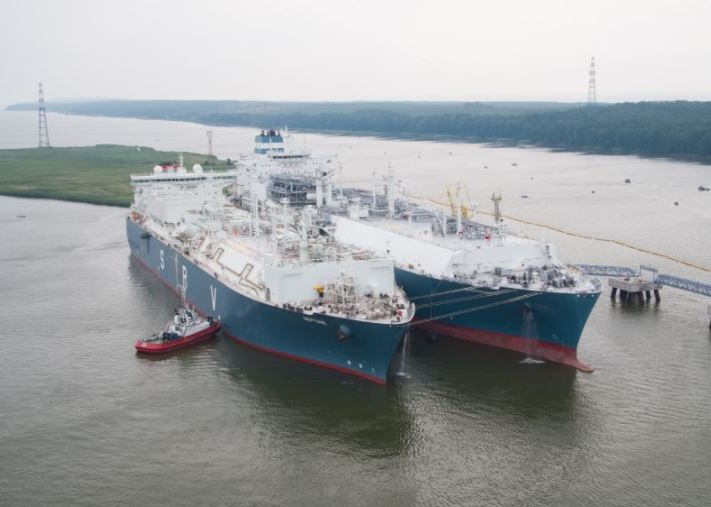Lithuania’s Klaipedos Nafta, the state-owned operator of the country’s first LNG import facility, said the 170,000-cbm FSRU Independence would receive 20 large LNG cargoes in the March-September period.
According to a KN statement on Thursday, all of the planned cargo reception windows include deliveries from large vessels carrying LNG cargoes of at least 138,000 cbm.
Besides these 20 shipments, the FSRU would also perform one reloading operation, it said.
KN recently said that its shareholders have approved the acquisition of Hoegh LNG’s FSRU Independence.
It would buy the unit for $153.5 million, excluding VAT, from Hoegh at the end of its current lease deal.
The firm has been leasing the FSRU from Hoegh LNG since 2014 under a ten-year deal.
The FSRU previously received shipments from all over the world, including Norway, Egypt, Trinidad & Tobago, the US, Russia, and Nigeria.
In September last year, the vessel had completed its 250th STS LNG operation.
Sold out
KN said on Thursday its customers have fully booked the LNG terminal’s regasification capacity for this gas year ending September 30, 2022.
During the 2021 annual capacity allocation procedure, customers have pre-booked 8.9 TWh of the regasification capacity for the gas year starting on October 1, 2021.
Mindaugas Navikas, KN chief commercial officer, said that two factors had contributed to the increased interest in the LNG terminal’s capacity.
Firstly, companies operating in the Baltic region are looking to secure a reliable alternative source of gas supply due to the Russia-Ukraine crisis.
In addition, the earlier announcement of the start of operations of the Polish-Lithuanian gas pipeline (GIPL) link “is creating opportunities for businesses to take advantage of new emerging opportunities,” Navikas said.
“It is worth noting that, although the terminal capacity is already fully booked, market participants who have not done so can negotiate with each other to purchase or swap quantities of gas delivered at the terminal, or to purchase terminal capacity on the secondary market,” he said.
He added that KN was also evaluating additional opportunities of the terminal to meet the changing market demand.
“The possibility of expanding Klaipėda LNG terminal’s technical regasification capacity from the current 3.75 billion cubic meters to 5 billion cubic meters in the long term is also under consideration,” he said.

